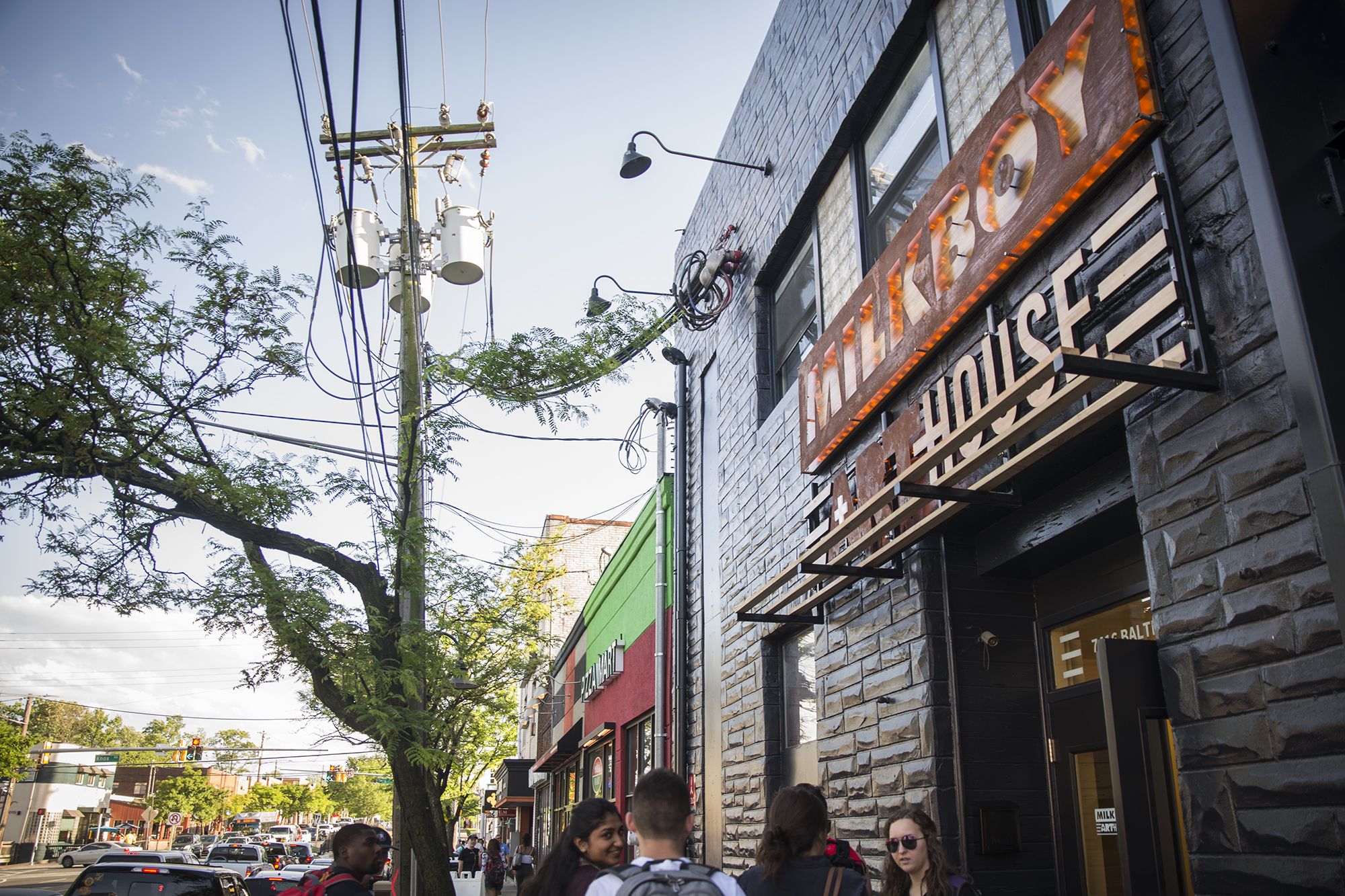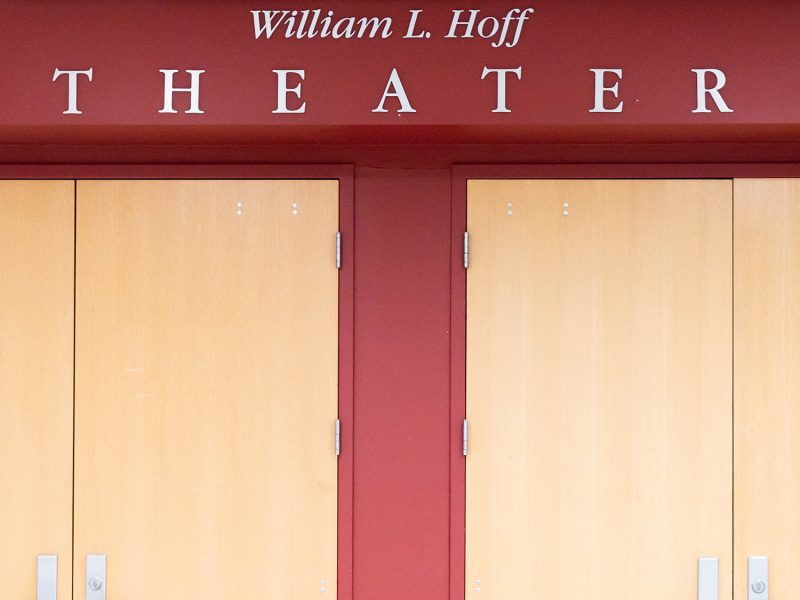Views expressed in opinion columns are the author’s own.
The University of Maryland has much in common with Johns Hopkins University. Both are located in Maryland. Both are top-ranked institutions with strong science and engineering programs. And both are actively trying to assert undemocratic control over the cities that host them.
Students at this university have witnessed the impacts of the Greater College Park initiative, the public-private partnership to redevelop College Park into what it envisions as a world-class college town. But it isn’t the Student Government Association, university President Wallace Loh or even Mayor Patrick Wojahn deciding which apartments to build or which restaurants to attract. Rather, the Terrapin Development Company, run by private consultant Ken Ulman, has been working with other private corporations and wealthy businessmen — Bozzuto, Scott Plank and Brendan Iribe, to name a few — to craft a new vision for the city.
Over the past few years, the Terrapin Development Company has successfully branded College Park as an emerging hub of entrepreneurship and innovation, with shiny new buildings such as MilkBoy ArtHouse, The Hotel, The Hall CP and the College Park Academy. These new buildings are supposed to be for College Park students and residents, yet it seems the only time we’re consulted is after the ground has already been broken.
Something eerily similar is happening just up I-95 in Baltimore on and around the Johns Hopkins campus. Hopkins launched the East Baltimore Development Initiative with the East Baltimore Development, Inc., a coalition established to “revitalize, re-energize and rebuild the East Baltimore neighborhood.” The initiative features office space, new housing units, retail locations and a hotel.
Core to the initiative is Elmer A. Henderson: A Johns Hopkins Partnership School, a public contract school run by Hopkins’ education school. Henderson-Hopkins has enough autonomy that the dean himself admitted that it “is essentially [their] laboratory” — a telling indicator of a university that pursues boundless scientific expansion without careful consideration of its immediate social impact.
I applaud both universities’ intentions to use their wealth, knowledge and resources to support their surrounding communities and remedy years of neglect. Both current and prospective students and residents want high-quality public schools. We all want music venues, healthy food and grocery stores in addition to affordable and safe housing. We want to be able to walk down the street and sleep at night without worrying about crime.
But universities and their corporate allies should not be the sole architects imposing their will on cities like Baltimore and College Park. Universities are strictly hierarchical, with little to no shared governance structure in place that meaningfully responds to input from students or surrounding community members. And when much of the work is outsourced to private companies and consultants, there’s even less transparency and accountability.
To be truly innovative and create a sustainable and equitable city, I implore both this university and Johns Hopkins to take a step back and reevaluate their approach. Instead of enticing immoral private investors like Northrop Grumman or bringing in chains like Walgreens and 7-Eleven in Baltimore, these universities should commit themselves to working with local entrepreneurs. They should provide loans to students and low-income minority residents to whom loans are often denied or offer subsidies and tax incentives to their community’s businesses.
And instead of only utilizing talent and research from engineering and medical schools, universities must draw from sociology and public health faculty to learn critically about community development and study the history of the neighborhood that they are investing in. They should draw on research in public policy and urban planning to fight for affordable housing for residents of all income levels and ages, but especially low-income young people.
Most importantly, universities must include students and residents in the planning process. They can’t just include one or two student representatives on the City Council if most of the work will be done by outside groups. They must commit to regular, well-advertised and open public hearings for every new initiative. Without transparency, accountability and input from students and residents, new university-led development will disadvantage and displace more residents than it will benefit.
Olivia Delaplaine is a senior government and politics major. She can be reached at odelaplaine15@gmail.com.



